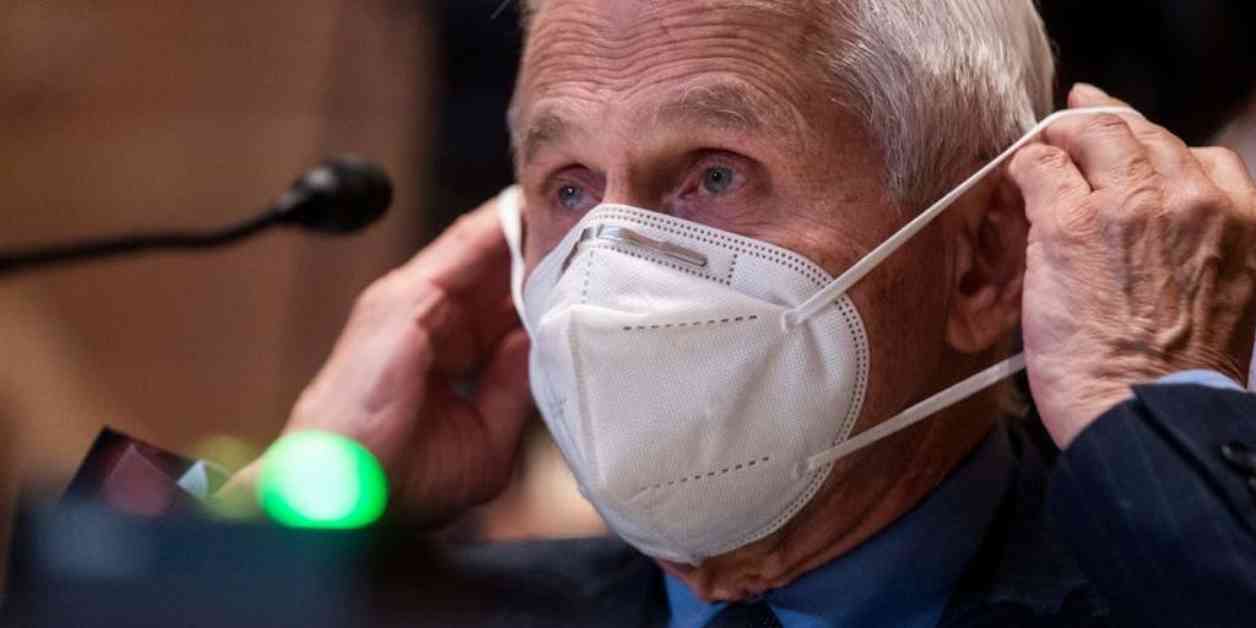Dr. Anthony Fauci, a well-known figure in the medical community, recently made headlines after being diagnosed with West Nile virus. Despite his high-profile status, Fauci’s experience highlights the importance of understanding and preventing mosquito-borne diseases like West Nile. In this comprehensive article, we will delve into key information about West Nile virus, including its symptoms, transmission, prevention, and treatment.
Understanding West Nile Virus
West Nile virus is a flavivirus that belongs to the same family as other well-known viruses like yellow fever, dengue fever, Japanese encephalitis, and the Zika virus. It first entered the United States in 1999 and has since become the leading cause of mosquito-borne disease in the country, according to the Centers for Disease Control and Prevention (CDC).
The virus is primarily spread through the bite of infected Culex mosquitoes. These mosquitoes initially become infected by feeding on birds that carry the virus, then transmit it to humans and other animals through subsequent bites. Unlike some other viruses, West Nile is not transmitted through physical contact, coughing, or sneezing, nor is it spread through handling or consuming infected animals or birds.
Symptoms and Severity
The majority of individuals infected with West Nile virus—approximately 80%—will not exhibit any symptoms at all. For those who do develop symptoms, they can range from mild to severe. The most common form of the illness, known as febrile illness, is characterized by symptoms such as fever, body aches, headache, joint pain, diarrhea, rash, and vomiting. While these symptoms typically resolve on their own, some individuals may experience lingering weakness and fatigue for months following the infection.
In rare cases, around 1 in every 150 infected individuals, West Nile virus can lead to more serious conditions affecting the nervous system, such as encephalitis (inflammation of the brain) or meningitis (inflammation of the membranes surrounding the brain and spinal cord). Symptoms of severe illness can include headache, stiff neck, high fever, disorientation, vision loss, muscle weakness, convulsions, tremors, coma, or paralysis. Approximately 10% of individuals with severe West Nile virus infection may not survive.
Diagnosis and Treatment
If you suspect that you have been infected with West Nile virus, it is important to seek evaluation from a healthcare provider. Diagnosis of the infection typically involves assessing symptoms, recent exposure to mosquitoes, and testing of blood or spinal fluid. While there is no specific treatment for West Nile virus, healthcare providers may recommend managing symptoms with over-the-counter pain medications, rest, and hydration.
Individuals with severe illness may require hospitalization for supportive care. It is crucial to monitor symptoms closely and seek medical attention if they worsen or if you experience any neurological issues such as confusion, weakness, or difficulty breathing.
Prevention Strategies
Preventing West Nile virus infection primarily involves protecting against mosquito bites. While there is currently no vaccine available for the virus, there are several effective measures individuals can take to reduce their risk of exposure. The CDC recommends using insect repellent containing DEET, wearing long-sleeved shirts and pants, and taking steps to minimize exposure to mosquitoes, especially during dawn and dusk when they are most active.
Additionally, eliminating standing water around your home can help prevent mosquitoes from breeding. Mosquitoes lay their eggs in stagnant water, so removing sources of standing water, such as birdbaths, flower pots, and clogged gutters, can significantly reduce mosquito populations in your area.
Conclusion
In conclusion, understanding the key information about West Nile virus is essential for protecting yourself and your loved ones from this mosquito-borne disease. By being aware of the symptoms, transmission methods, and prevention strategies associated with West Nile virus, you can take proactive steps to reduce your risk of infection. Remember to stay informed, practice good mosquito bite prevention techniques, and seek medical attention promptly if you suspect you have been infected with West Nile virus. Stay safe and stay informed.


















